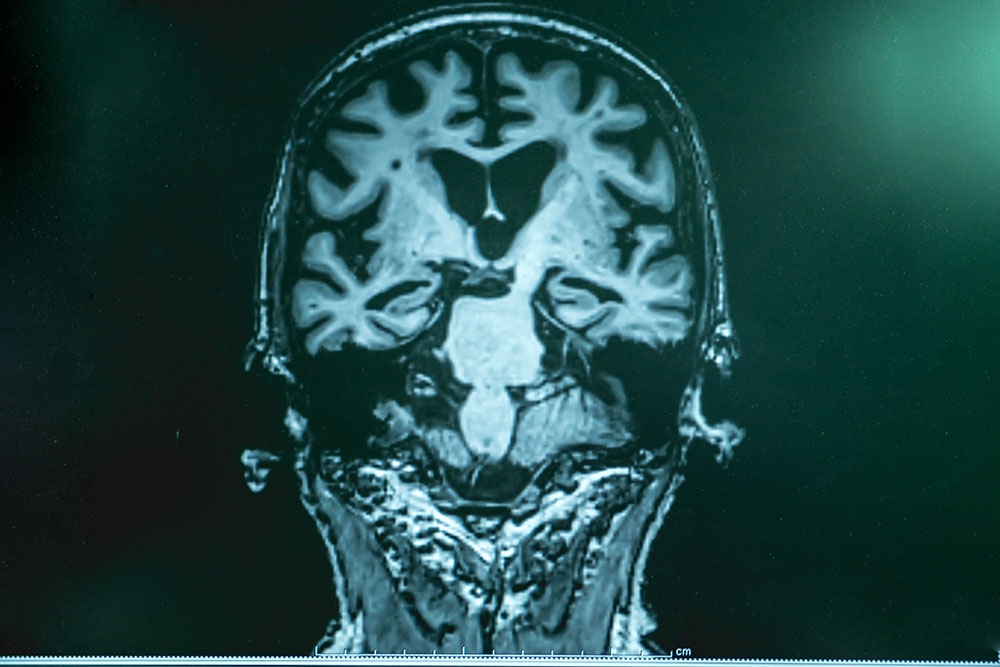 Using an Integrative and Functional Medicine approach to treating disorders that have been termed incurable is greatly satisfying. Patients suffering with Multiple Sclerosis, Parkinson’s Disease, Alzheimer’s Disease or Dementia can see improvement in their condition by removing the potential triggers that keep them in a state of ill-health. Improving the overall health of the patient through basic Functional Medicine practices often results in the improvement of their condition.
Using an Integrative and Functional Medicine approach to treating disorders that have been termed incurable is greatly satisfying. Patients suffering with Multiple Sclerosis, Parkinson’s Disease, Alzheimer’s Disease or Dementia can see improvement in their condition by removing the potential triggers that keep them in a state of ill-health. Improving the overall health of the patient through basic Functional Medicine practices often results in the improvement of their condition.
Multiple Sclerosis (MS)
 Multiple Sclerosis (MS) is a potentially disabling neurological disease of the brain and spinal cord that presents as numbness, tingling and weakness in the limbs, visual changes, fatigue, dizziness and generalized muscle weakness. Most people with MS often experience a relapsing-remitting disease course. For years, MS has been labeled an autoimmune disease, but ongoing research is shedding light on the fact that MS is linked to chronic inflammation around blood vessels in the brain that may in part have an immune system link, but also could be tied to inflammation being driven from nutritional imbalances, chronic infections, food reactions and digestive system imbalances.
Multiple Sclerosis (MS) is a potentially disabling neurological disease of the brain and spinal cord that presents as numbness, tingling and weakness in the limbs, visual changes, fatigue, dizziness and generalized muscle weakness. Most people with MS often experience a relapsing-remitting disease course. For years, MS has been labeled an autoimmune disease, but ongoing research is shedding light on the fact that MS is linked to chronic inflammation around blood vessels in the brain that may in part have an immune system link, but also could be tied to inflammation being driven from nutritional imbalances, chronic infections, food reactions and digestive system imbalances.
Our approach to MS involves the implementation of integrative medicine therapies utilizing specialized diagnostic tests to evaluate for digestive imbalances, food reactions, chronic infections, mold exposure, heavy metals and other environmental chemical exposures.
There are many beneficial therapies that can be helpful for people with MS such as anti-inflammatory supplements, e.g. curcumin, resveratrol, as well as omega fatty acids, mitochondrial support, low dose naltrexone (LDN) and hyperbaric oxygen therapy (HBOT). Dietary intervention is always a cornerstone of effective treatment with the goal of reducing food-related triggers of inflammation.
Parkinson’s Disease (PD)
 Parkinson’s Disease (PD) is a progressive neurological disorder in which dopamine, a chemical messenger in the brain, becomes deficient due to destruction of the brain cells that produce dopamine. PD patients are often prescribed medications to increase dopamine with little understanding that excess dopamine overtime can lead to nerve cell damage in the brain worsening the symptoms of PD and hastening its advancement.
Parkinson’s Disease (PD) is a progressive neurological disorder in which dopamine, a chemical messenger in the brain, becomes deficient due to destruction of the brain cells that produce dopamine. PD patients are often prescribed medications to increase dopamine with little understanding that excess dopamine overtime can lead to nerve cell damage in the brain worsening the symptoms of PD and hastening its advancement.
Integrative medicine seeks to bring balance back to the brain and nervous system through targeted nutrients, improvement in antioxidant and glutathione levels (often deficient in PD) and elimination of opportunistic infections which can worsen PD. A growing body of research now points to digestive system issues as a potential trigger for PD through various infections such as Clostridia bacteria. The toxins produced by these bacteria can damage the brain.
Our approach to improving PD is through the of use various laboratory tests to evaluate for gut infections, as well as environmental exposures such as heavy metals, mold toxins and chemicals which can adversely affect the brain and nervous system. It is our goal to improve the body’s ability to rid itself of the exposures that may be contributing to the progression of PD.
Alzheimer’s Disease (AD)/Dementia:
 Alzheimer’s Disease and Dementia are devastating brain diseases that are now affecting millions of people worldwide. Conventional medical approaches offer little hope for halting the progression of AD and Dementia, however utilizing specialized lab testing to identify toxins, nutritional imbalances and oxidative stress, we can develop a personalized program to address the underlying imbalances contributing to the advancement of these conditions.
Alzheimer’s Disease and Dementia are devastating brain diseases that are now affecting millions of people worldwide. Conventional medical approaches offer little hope for halting the progression of AD and Dementia, however utilizing specialized lab testing to identify toxins, nutritional imbalances and oxidative stress, we can develop a personalized program to address the underlying imbalances contributing to the advancement of these conditions.
We employ various integrative medical interventions including diet, specialized nutrients and hormonal support to address the health of each patient. There is a great opportunity to improve the health and wellness of individuals struggling with AD and Dementia and, in some cases, the AD or Dementia may be halted or significantly slowed from progressing.




